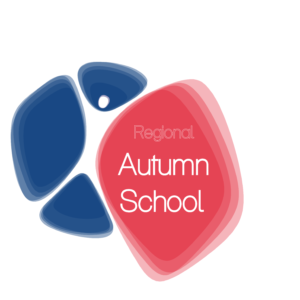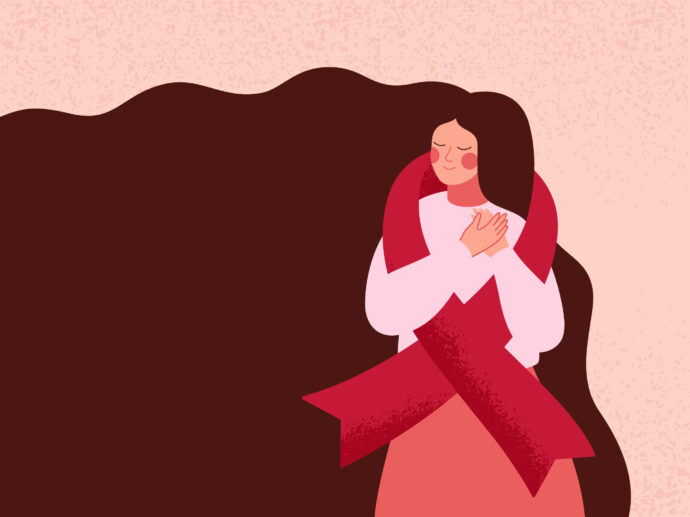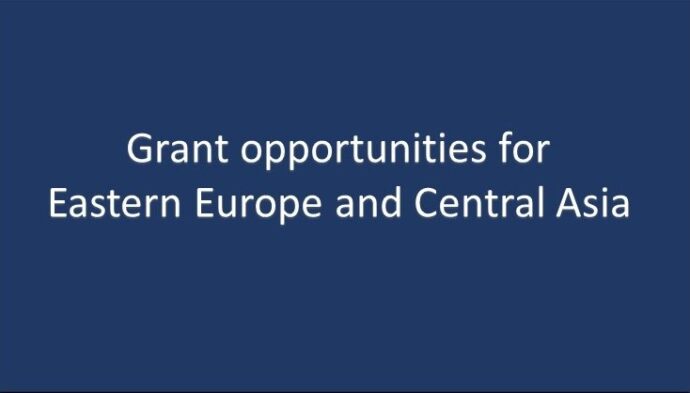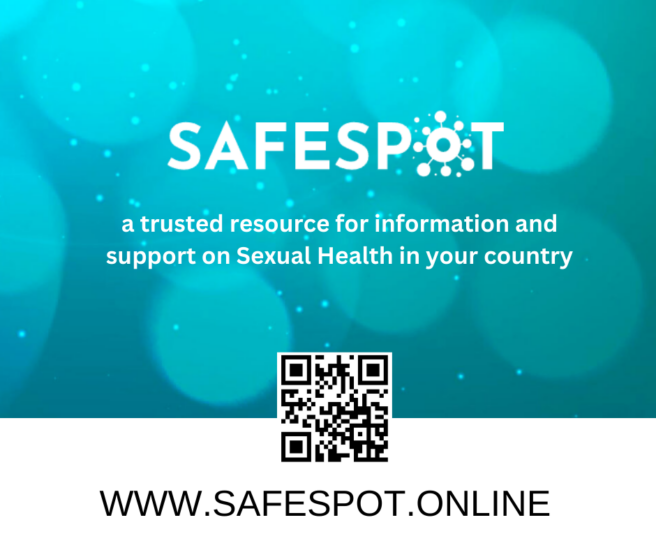 AFEW International, together with its network members from Eastern Europe and Central Asia (EECA) is getting ready for AFEW’s Regional autumn school to be held in Almaty, Kazakhstan from October 30 till November 3, 2017. The autumn school will provide the platform for learning, exchange, strategizing and planning for community members and NGO partners from 10 different countries. The regional autumn school is an annual event that takes place as a part of ‘Bridging the Gaps: Health and Rights for Key Populations’ regional approach of AFEW.
AFEW International, together with its network members from Eastern Europe and Central Asia (EECA) is getting ready for AFEW’s Regional autumn school to be held in Almaty, Kazakhstan from October 30 till November 3, 2017. The autumn school will provide the platform for learning, exchange, strategizing and planning for community members and NGO partners from 10 different countries. The regional autumn school is an annual event that takes place as a part of ‘Bridging the Gaps: Health and Rights for Key Populations’ regional approach of AFEW.
One of the highlights of the autumn school’s program will be the presentation of three important assessments that AFEW International recently finalized as a part of the ‘Bridging the Gaps’ program. The final results of all assessments will be available to the general public around December of 2017.
Harm reduction friendly rehabilitation
The assessment on harm reduction friendly rehabilitation in EECA is the study that describes the state of rehabilitation services in Ukraine, Russia, Georgia and Kyrgyzstan. It presents seven international approaches for rehabilitation programs and its activities. The participants of AFEW’s autumn school will discuss the recommendations of what approach is better to adopt for developing stronger work capacity.
Migrant people who use drugs
The assessment on migrant people who use drugs (PUD) is coming from the questionnaire that was disseminated in the EECA region. A survey amongst 600 people who use drugs in Tajikistan and Kyrgyzstan showed that 43% of the respondents have experienced periods of migration to another country in the EECA region, mostly to Russia. From the qualitative interviews with migrant PUD in Russia and Kazakhstan, it is possible to assume that people have very little access to health facilities, legal documents and often little options to return to their native country. The participants of the autumn school will discuss the full assessment and come up with interventions for the coming two years to build good practices and to advocate for the rights and lives of the community members.
Shrinking space for the civil society
The assessment on shrinking space for civil society is the in-depth assessment on the space for the civil society organizations with a special focus on harm reduction and drug policy in NGO’s and community networks. The withdrawing of international funding and shrinking space for the civil society form a real threat for the fight against the further spread of HIV in the region and the rights and lives of communities. During the autumn school, the coping mechanisms will be discussed and further steps will be designed to address the conclusions.




